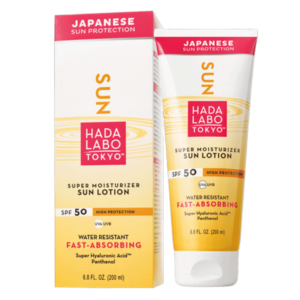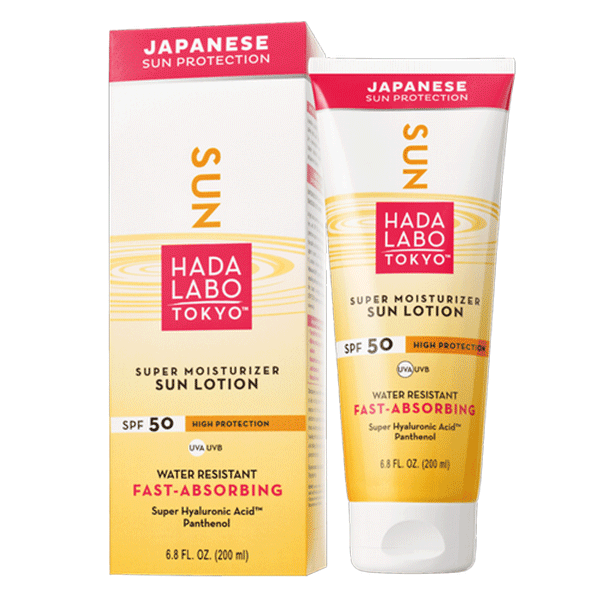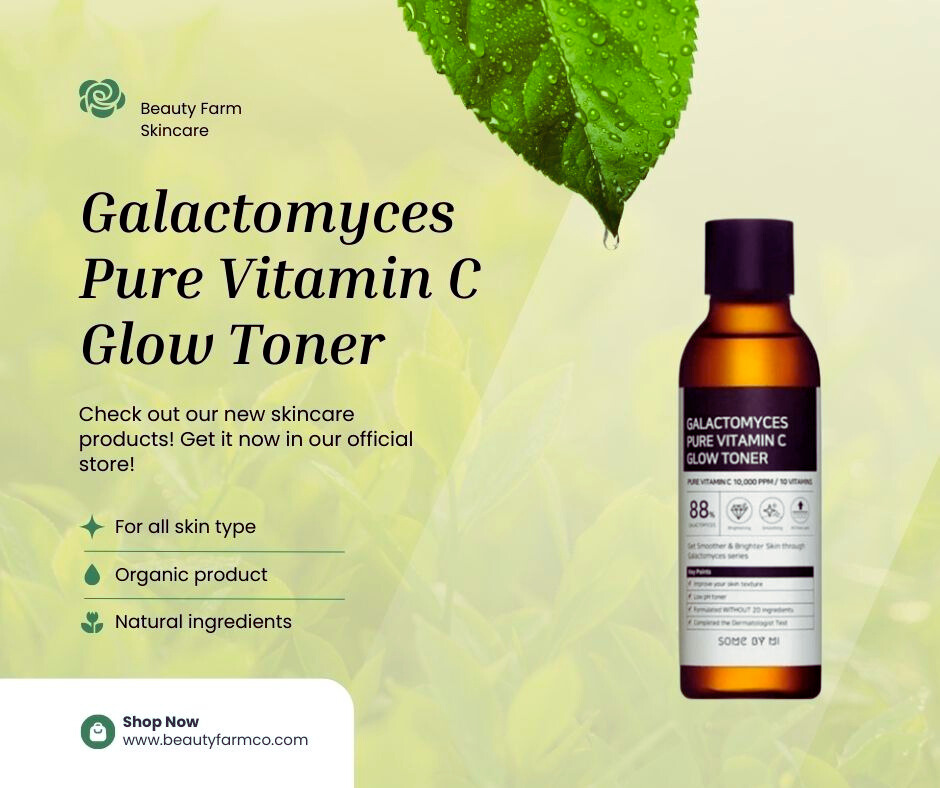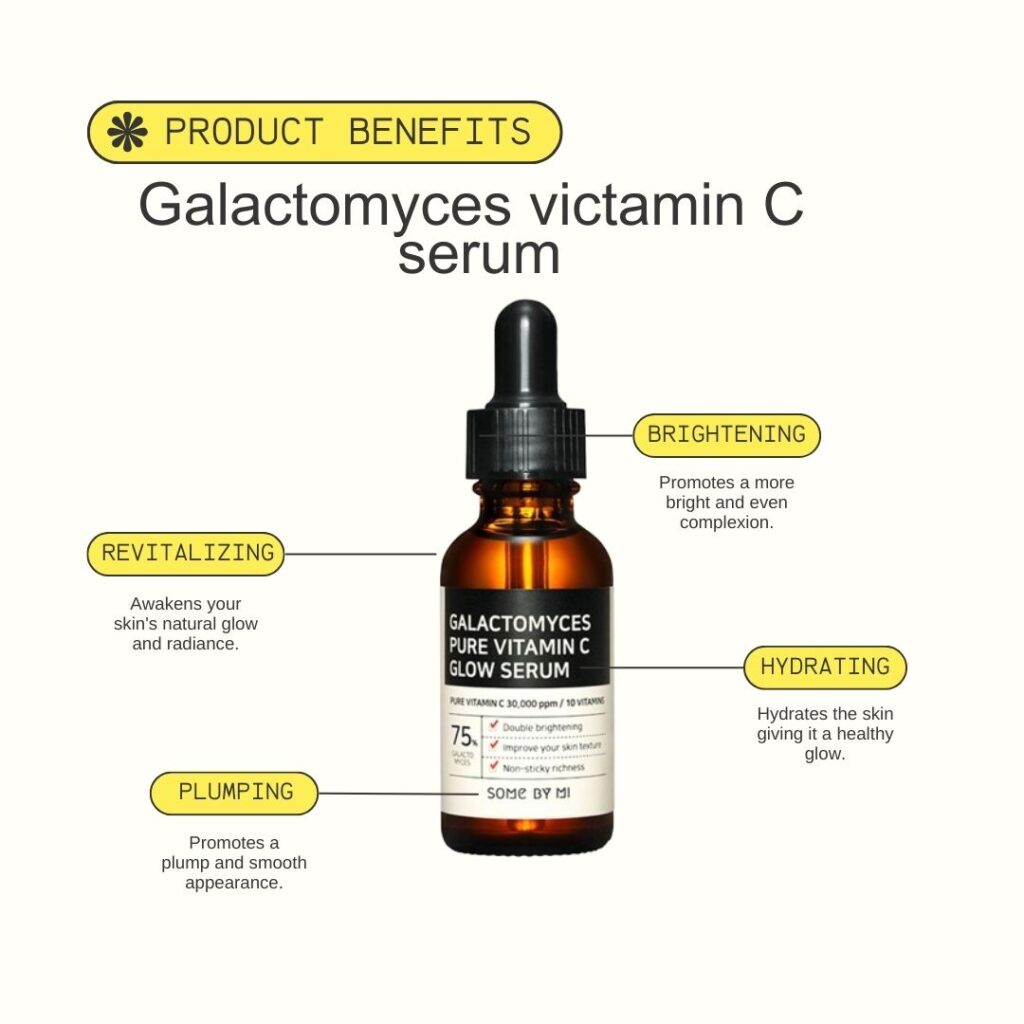
Moisturising suncreen
Non greasy
Introducing HADA LABO TOKYO SPF 50 Waterproof, Moisturizing sun Lotion CreamIntroducing HADA LABO TOKYO SPF 50 Waterproof, Moisturizing sun protection
Are you tired of dealing with the harmful effects of sun exposure on your skin? Look no further than the HADA LABO TOKYO SPF 50 Waterproof, Moisturizing Face Cream! Developed in a Japanese laboratory, this face cream is specifically designed to provide high sun protection with its SPF 50 filter.Are you tired of dealing with the harmful effects of sun exposure on your skin? Look no further than the HADA LABO TOKYO SPF 50 Waterproof, Moisturizing Face Cream! Developed in a Japanese laboratory, this face cream is specifically designed to provide high sun protection with its SPF 50 filter.
Protect Your Skin with High-Quality Filters
In addition to sun protection, our face cream is enriched with repairing anti-aging ingredients. It contains Panthenol, which helps protect the youth and beauty of your skin. It also features our signature Super Hyaluronic Acid ™, which provides intense moisturization for a healthy and hydrated complexion.
“DRY-TOUCH” Consistency for a Comfortable Application
We understand the importance of a non-greasy texture when it comes to face creams. That’s why our HADA LABO TOKYO SPF 50 Waterproof, Moisturizing Face Cream is formulated with a “DRY-TOUCH” consistency. It absorbs quickly into your skin without leaving behind any residue or stickiness. You can even apply it on wet skin, making it perfect for any situation.
How to Use
Applying our face cream is simple. Just follow these steps:
1. Apply the cream on your face about 20 minutes before going out into the sun.
2. For optimal protection, reapply the cream regularly (at least every 2 hours) and after swimming or towel-drying your face.
3. Avoid contact with the eyes.
4. The cream can be used as a regular protective care throughout the year.
5. Remember, excessive sun exposure can be a health hazard. Avoid the sun, especially between 11am and 3pm, even when you use sunscreen. No sunscreen provides 100% protection.
Why Choose HADA LABO TOKYO SPF 50 Waterproof, Moisturizing Face Cream?
– High sun protection with SPF 50 filter – Repairing anti-aging ingredients
– Intense moisturization with Super Hyaluronic Acid ™ – Non-greasy and quickly absorbing “DRY-TOUCH” consistency
– Suitable for all skin types, including sensitive skin
– Fragrance-free formulation




